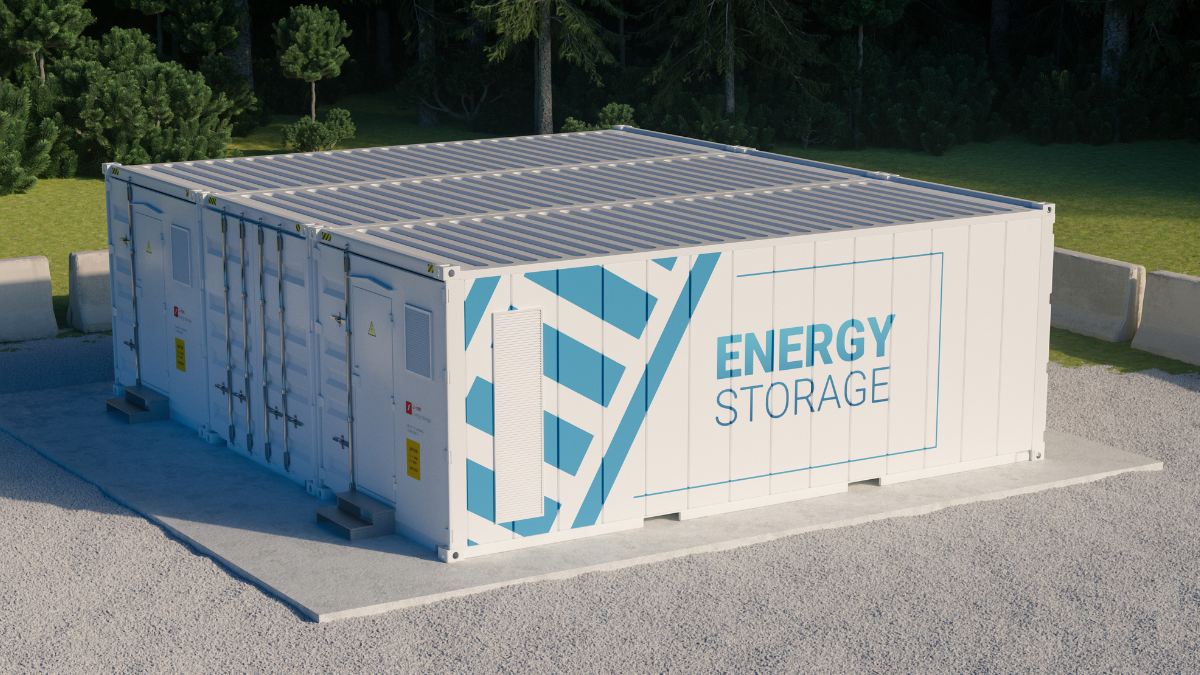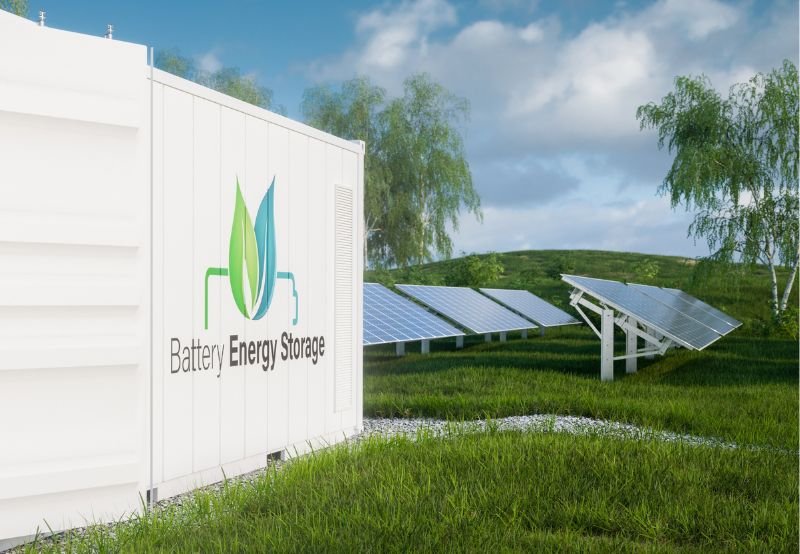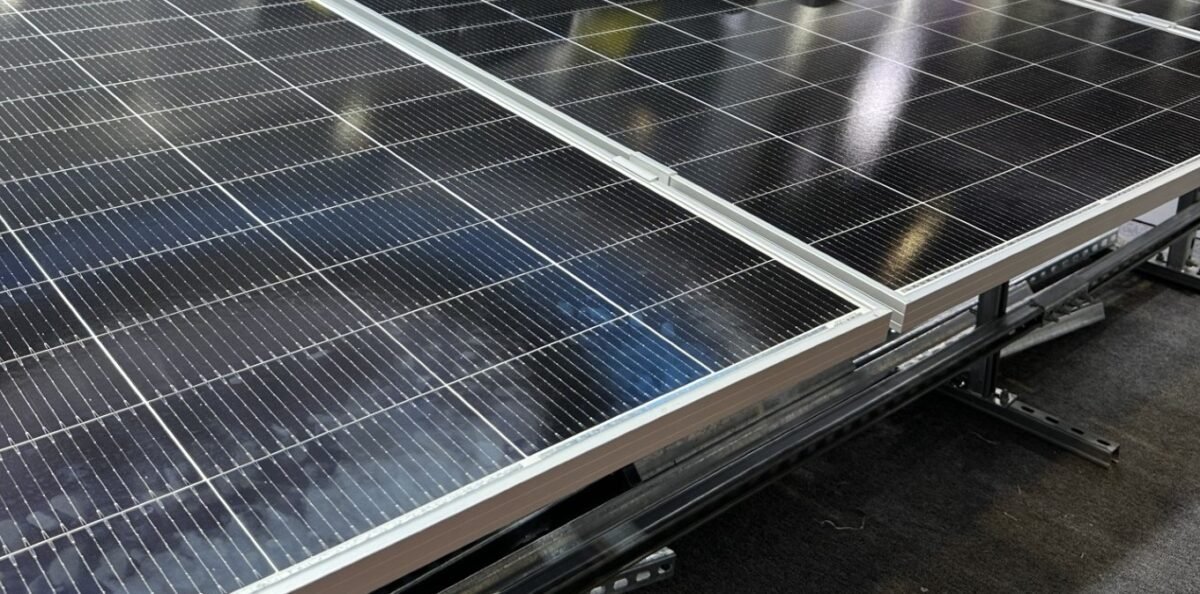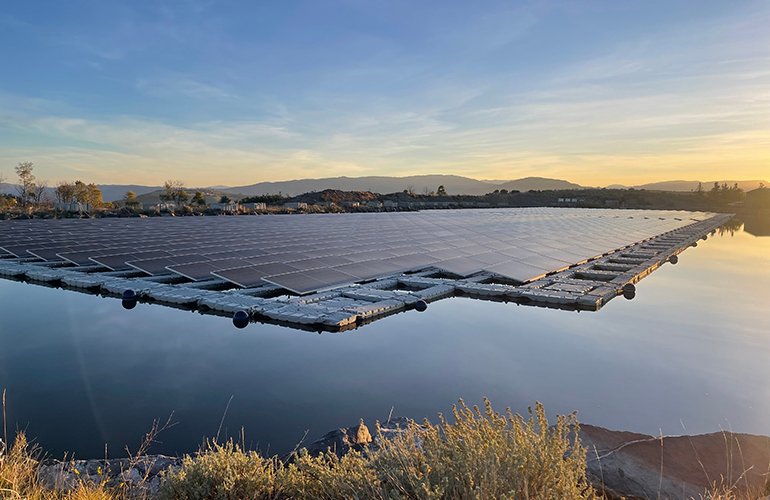RVUNL Sets Solar Battery Benchmark with ₹1.775/kWh BESS Tariff
Rajasthan has rewritten the rules of the energy storage game. The state’s power generation arm RVUNL has secured a jaw-dropping ₹1.775 per kWh tariff in its 1 GW/2 GWh battery storage auction – the lowest ever recorded in India. For those keeping score, that’s cheaper than most industrial grid electricity rates.
Auction Impact on India’s Solar Market
This auction proves large-scale storage can compete directly with fossil fuels. The winning developers likely used lithium-ion systems similar to Tesla’s Megapack, though the bidders haven’t been officially named yet.
The Math Behind the Magic
At 2,000 MWh capacity, this isn’t some pilot project. We’re talking about enough storage to power 70,000 homes for a full day. The economics work because Rajasthan has:
- Abundant solar generation (we all know those desert rays don’t quit)
- Existing transmission infrastructure
- Smart demand patterns that maximize battery utilization
Future of India’s Solar and Energy Storage
This tender proves batteries aren’t just for backup anymore. They’re becoming the glue that holds renewable-heavy grids together. Expect ripple effects in:
- Hybrid project financing
- Peak power pricing
- Ancillary service markets
The energy transition just found its accelerator pedal.






